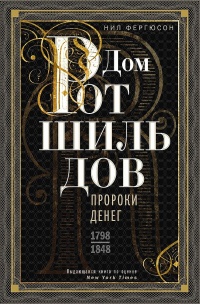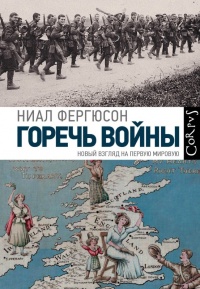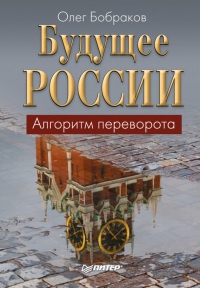Книга Восхождение денег - Найл Фергюсон
На нашем литературном портале можно бесплатно читать книгу Восхождение денег - Найл Фергюсон полная версия. Жанр: Книги / Историческая проза. Онлайн библиотека дает возможность прочитать весь текст произведения на мобильном телефоне или десктопе даже без регистрации и СМС подтверждения на нашем сайте онлайн книг knizki.com.
Шрифт:
-
+
Интервал:
-
+
Закладка:
Сделать
Перейти на страницу:
Перейти на страницу:
Внимание!
Сайт сохраняет куки вашего браузера. Вы сможете в любой момент сделать закладку и продолжить прочтение книги «Восхождение денег - Найл Фергюсон», после закрытия браузера.
Книги схожие с книгой «Восхождение денег - Найл Фергюсон» от автора - Найл Фергюсон:
Комментарии и отзывы (0) к книге "Восхождение денег - Найл Фергюсон"
























